The campaign focuses on reaching missed and zero-dose children with lifesaving vaccines across all 14 governorates
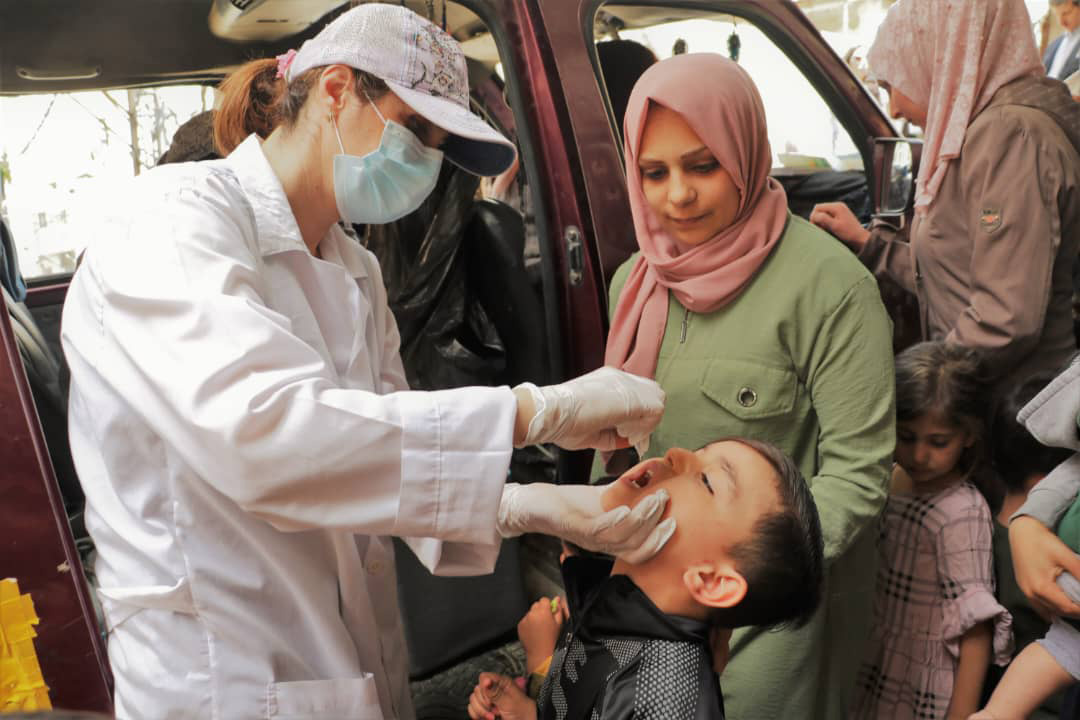 21 April 2025, Damascus, Syrian Arab Republic – The United Nations Children’s Fund (UNICEF) and the World Health Organization (WHO), in collaboration with Gavi, the Vaccine Alliance, are supporting a nationwide immunization campaign led by the Ministry of Health to mark World Immunization Week in Syria, running from 21 to 30 April.
21 April 2025, Damascus, Syrian Arab Republic – The United Nations Children’s Fund (UNICEF) and the World Health Organization (WHO), in collaboration with Gavi, the Vaccine Alliance, are supporting a nationwide immunization campaign led by the Ministry of Health to mark World Immunization Week in Syria, running from 21 to 30 April.
Under the global theme “A Dose of Good News,” the campaign highlights the life-saving power of vaccines and their role in protecting children from preventable diseases across Syria’s 14 governorates.
The Ministry of Health is spearheading a multiantigen vaccination campaign to assess the immunization status of approximately 3.4 million children under the age of five. Particular focus will be placed on reaching nearly 250 000 missed children, including 156 000 zero-dose children who have yet to receive any routine vaccines.
“Vaccines are the safest and most powerful strategy to protect children from life-threatening diseases,” said Yasumasa Kimura, Representative, UNICEF in Syria. “Through our partnership with Gavi – the Vaccine Alliance, Ministry of Health and WHO, this campaign is instrumental in addressing the gaps in immunization coverage and ensuring that children receive the vaccines they need to survive and thrive.”
The campaign will mobilize more than 7600 health workers, including 3330 who will work as part of mobile teams to reach remote and underserved communities. Nearly 1200 vaccination sites and over 1,000 mobile teams will be activated across the country.
To boost vaccine uptake, overcome hesitancy and help ensure every child is reached, more than 2000 trained mobilizers and volunteers from the Ministry of Health, with support from health partners, will be deployed across the country. Working in coordination with local health directorates and community leaders, they will engage families to emphasize the importance of immunization and help connect families to services.
“Vaccines are a child’s first line of defence against illness and death,” said Christina Bethke, Acting WHO Representative in Syria. “Together with UNICEF and Gavi, WHO is proud to support the Ministry of Health in reaching every last child with lifesaving vaccines.”
WHO and UNICEF urge continued investment in immunization systems and policies that guarantee access for all children – no matter where they live. Protecting children against preventable diseases is a collective responsibility and the foundation of a healthier, more resilient future.
For more information, contact:
UNICEF:
Monique Awad, Chief of Communication and Advocacy, UNICEF in Syria, email:
هذا البريد محمى من المتطفلين. تحتاج إلى تشغيل الجافا سكريبت لمشاهدته.
Hasan Burhan, Communication Officer, UNICEF in Syria, email:
هذا البريد محمى من المتطفلين. تحتاج إلى تشغيل الجافا سكريبت لمشاهدته.
WHO:
Halah Kabbash, Communication Officer, WHO Syria, email:
هذا البريد محمى من المتطفلين. تحتاج إلى تشغيل الجافا سكريبت لمشاهدته.
Mrinalini Santhanam, Communication Officer, WHO field office in Gaziantep, email: هذا البريد محمى من المتطفلين. تحتاج إلى تشغيل الجافا سكريبت لمشاهدته.
About UNICEF: UNICEF works in over 190 countries and territories to save children’s lives, defend their rights, and help them fulfil their potential, from early childhood through adolescence. And we never give up. For more information about UNICEF and its work for children, visit www.unicef.org/syria/
Follow us on: Facebook, Instagram, X, and Youtube
About WHO: WHO leads global efforts to expand universal health coverage. We direct and coordinate the world’s response to health emergencies. And we promote healthier lives – from pregnancy care through old age. Our Triple Billion targets outline an ambitious plan for the world to achieve good health for all using science-based policies and programmes.
For more information about WHO, visit its website.
Follow us on: Facebook, X, Instagram, Youtube





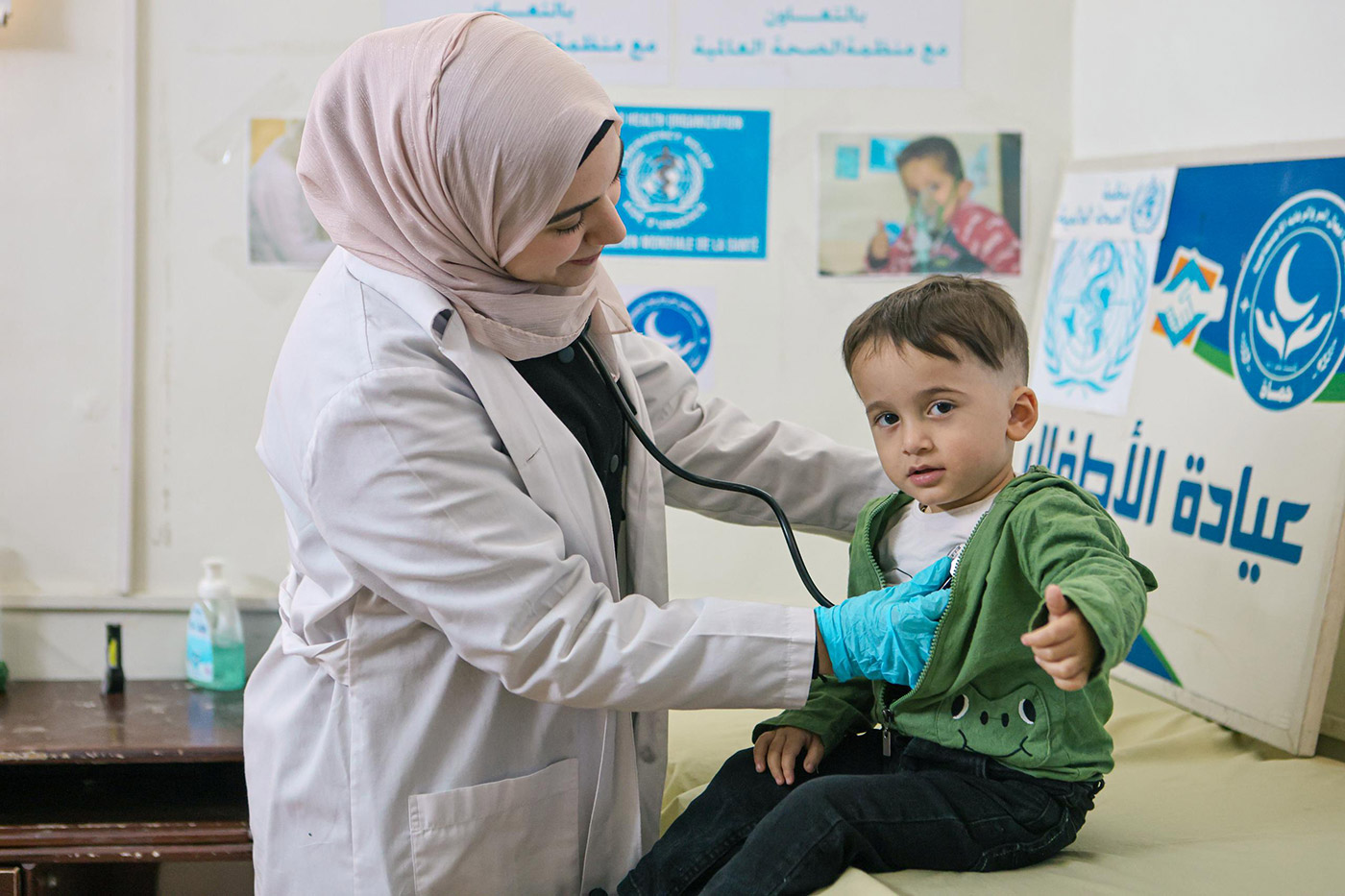
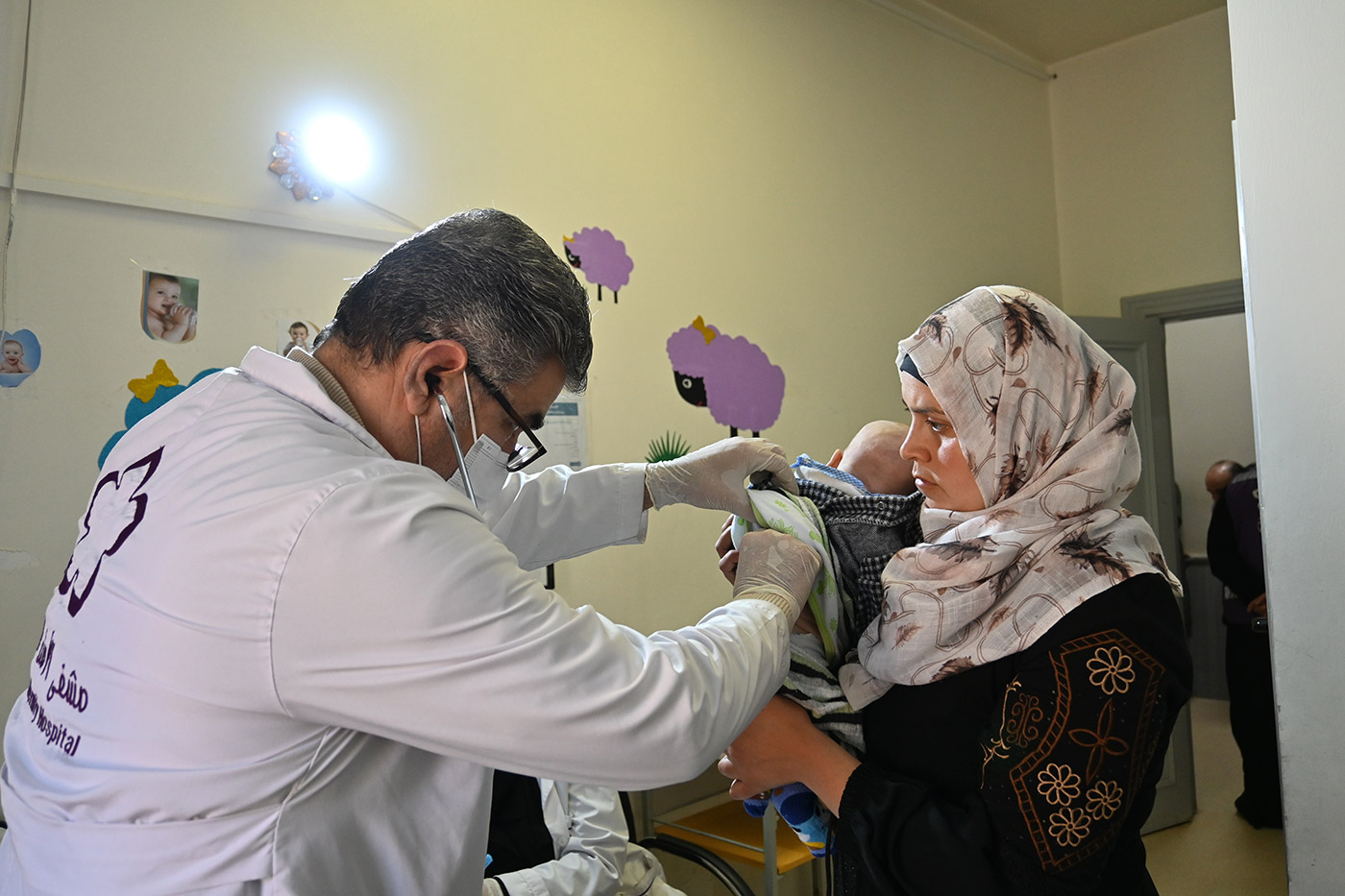
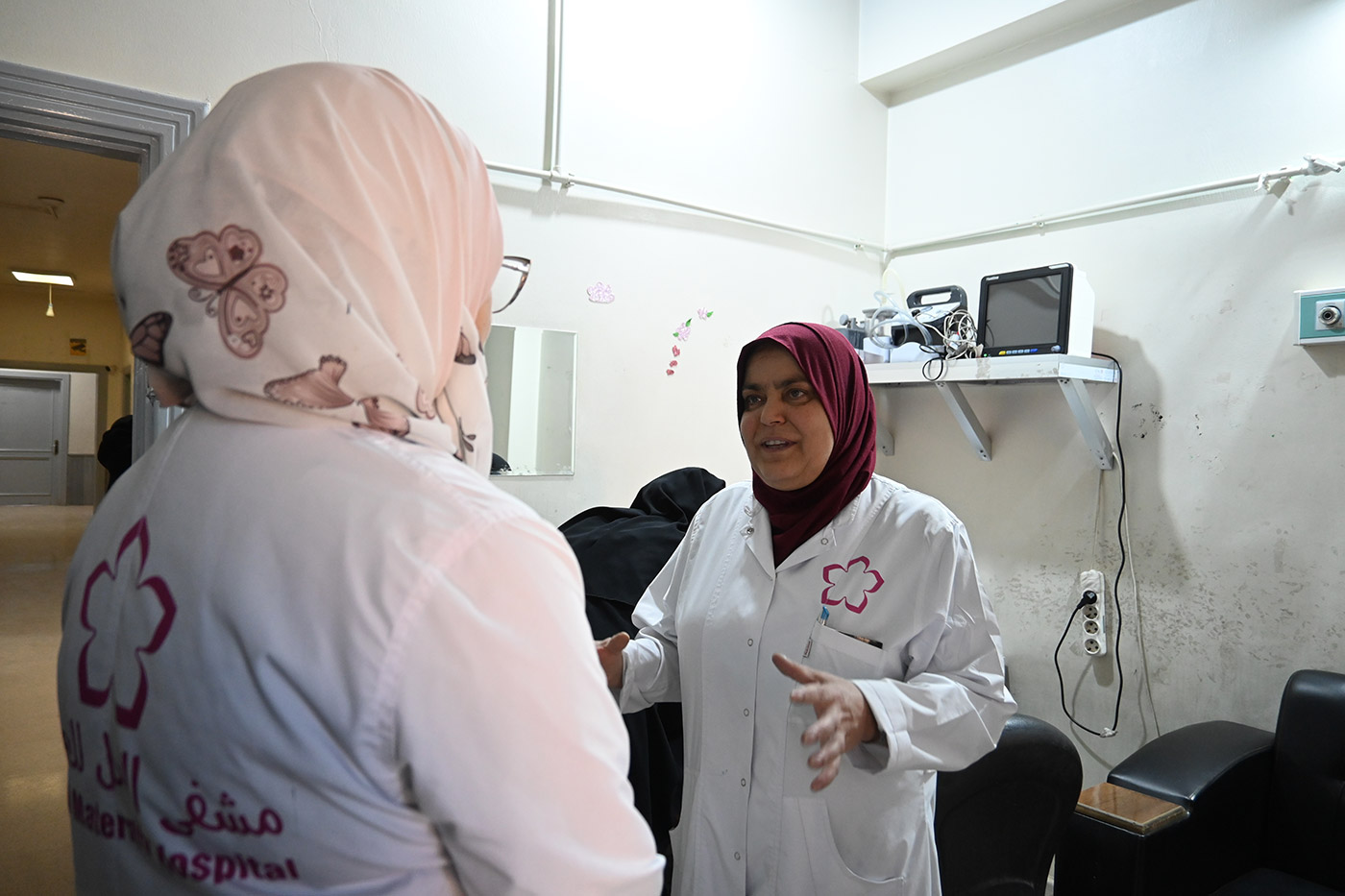
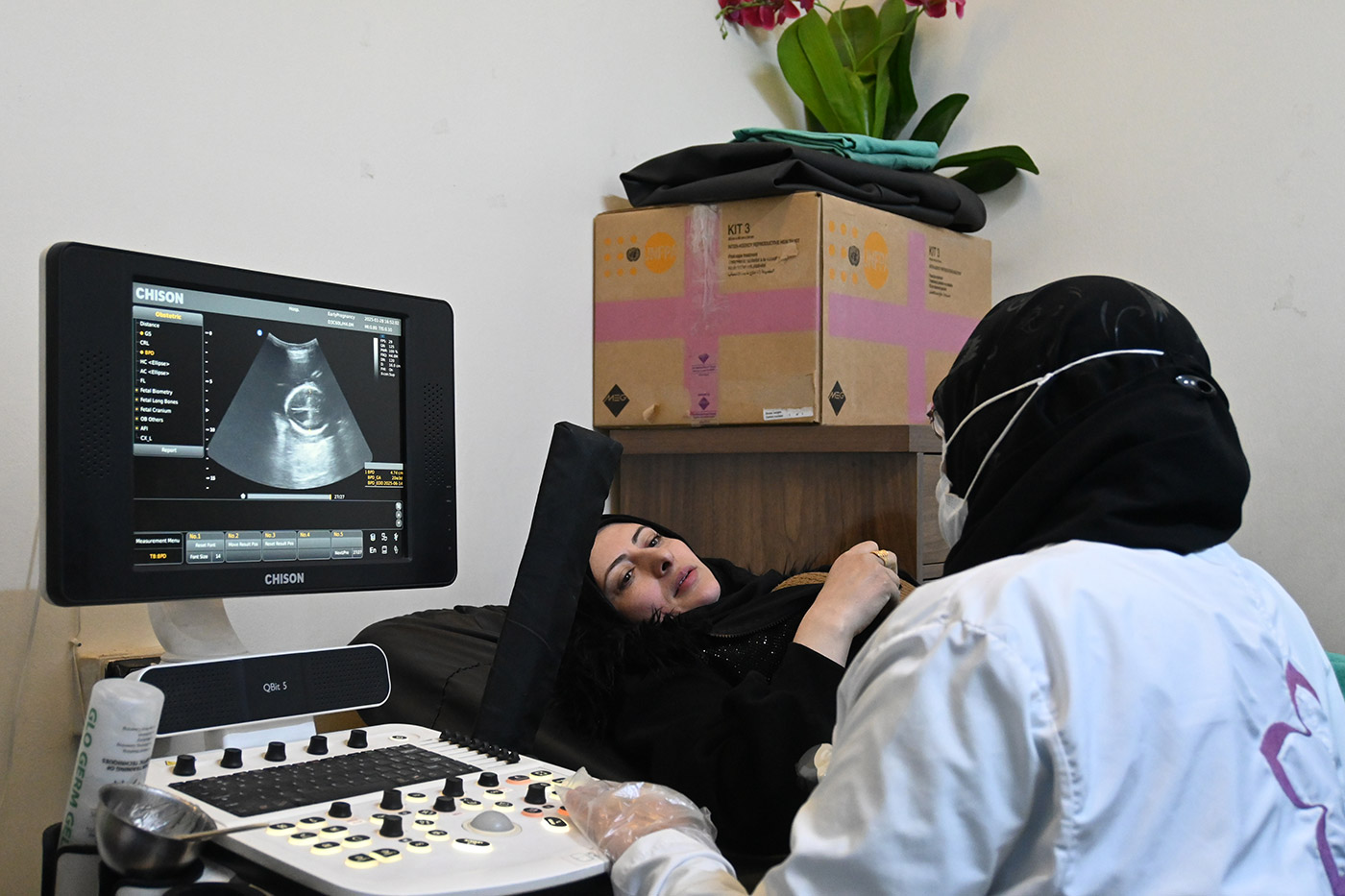
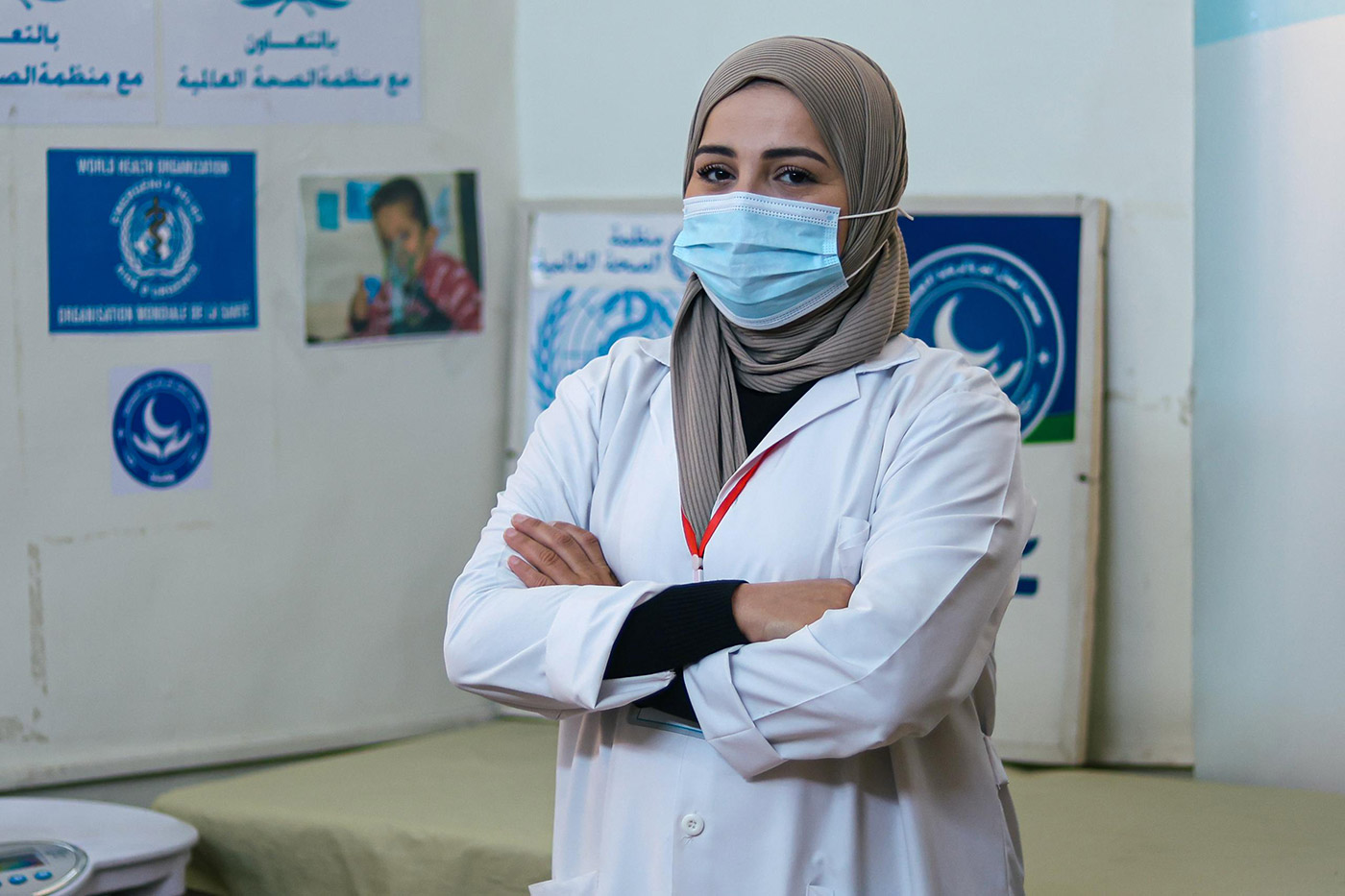
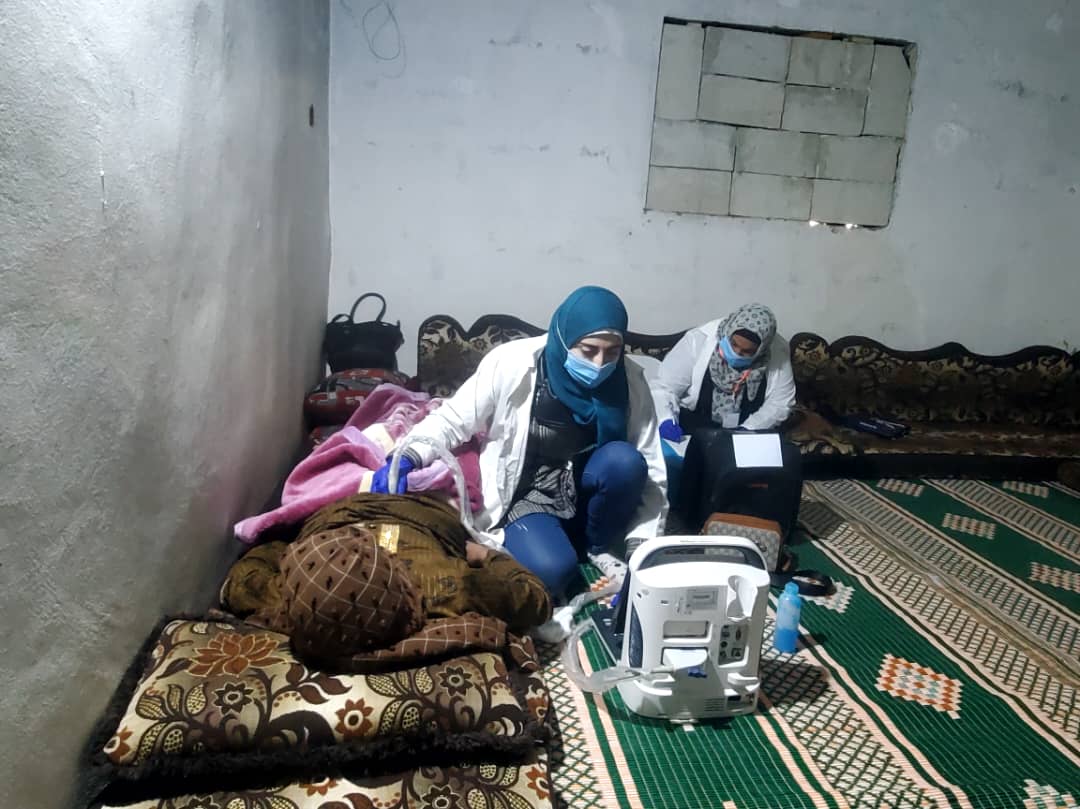
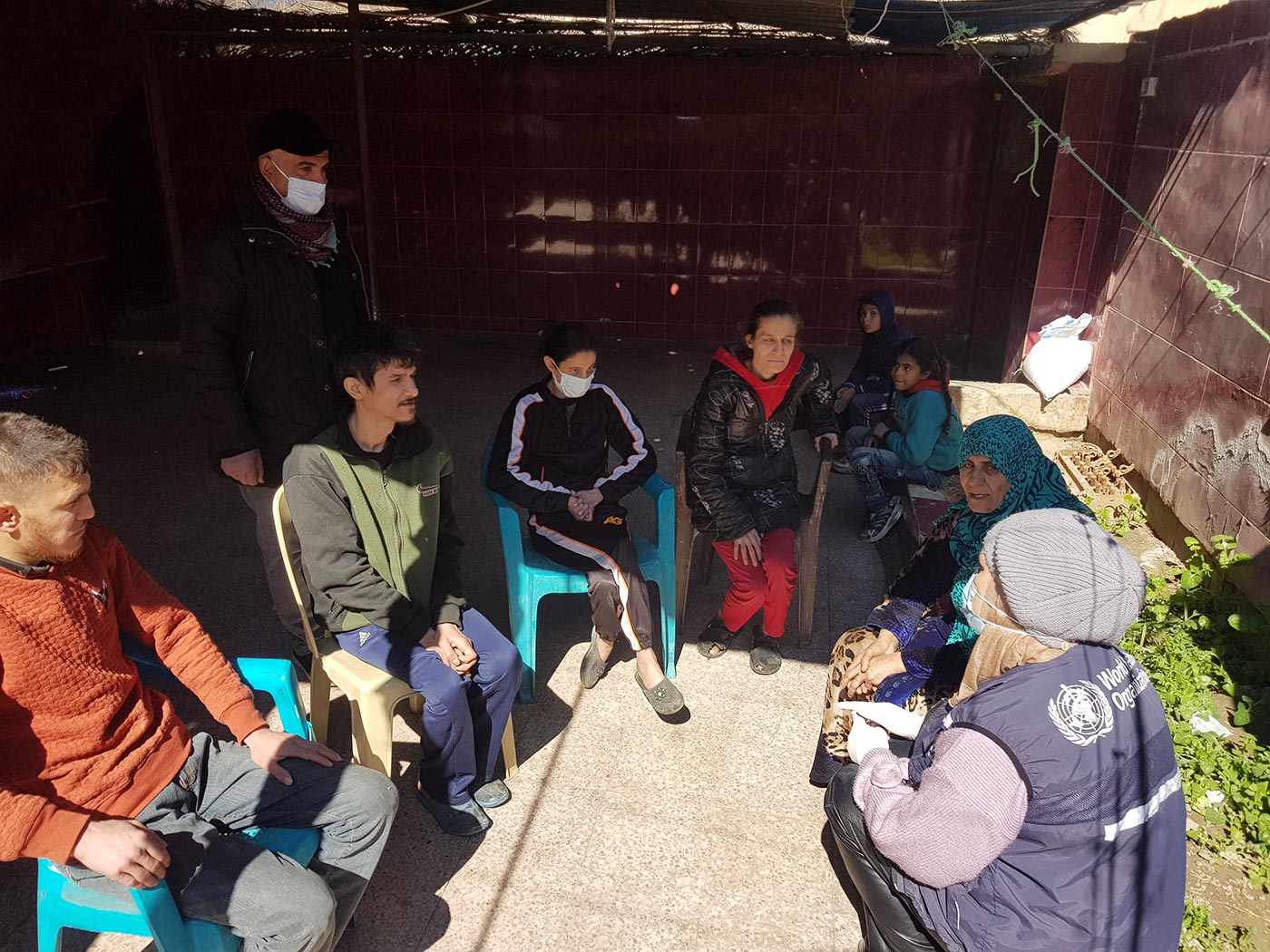
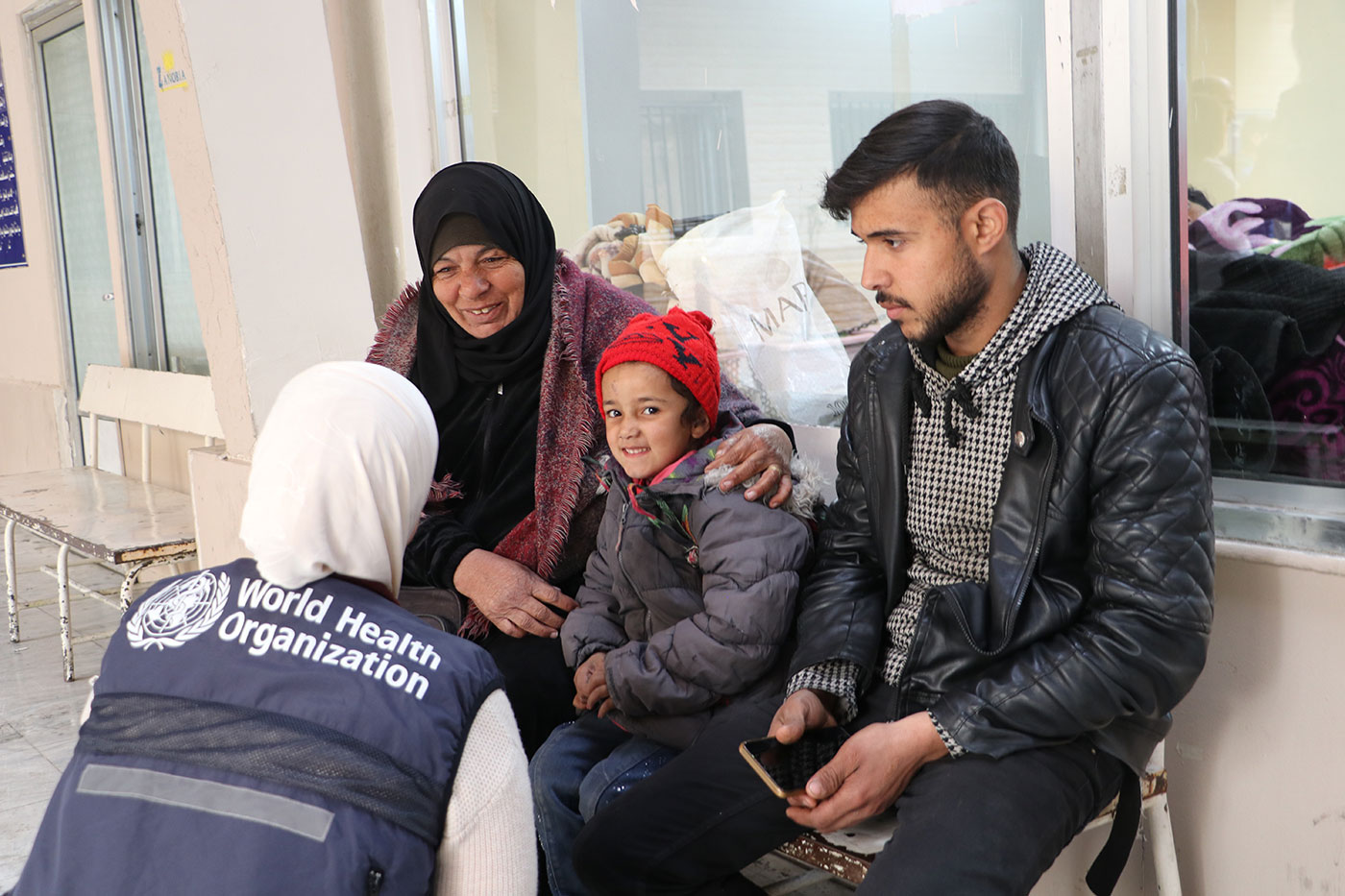 17 March 2025, Damascus, Syrian Arab Republic – On the 14th anniversary of the start of the Syrian conflict, WHO is calling for predictable, multi-year funding to sustain critical humanitarian health services and enable a stable transition towards recovery and national unity.
17 March 2025, Damascus, Syrian Arab Republic – On the 14th anniversary of the start of the Syrian conflict, WHO is calling for predictable, multi-year funding to sustain critical humanitarian health services and enable a stable transition towards recovery and national unity.